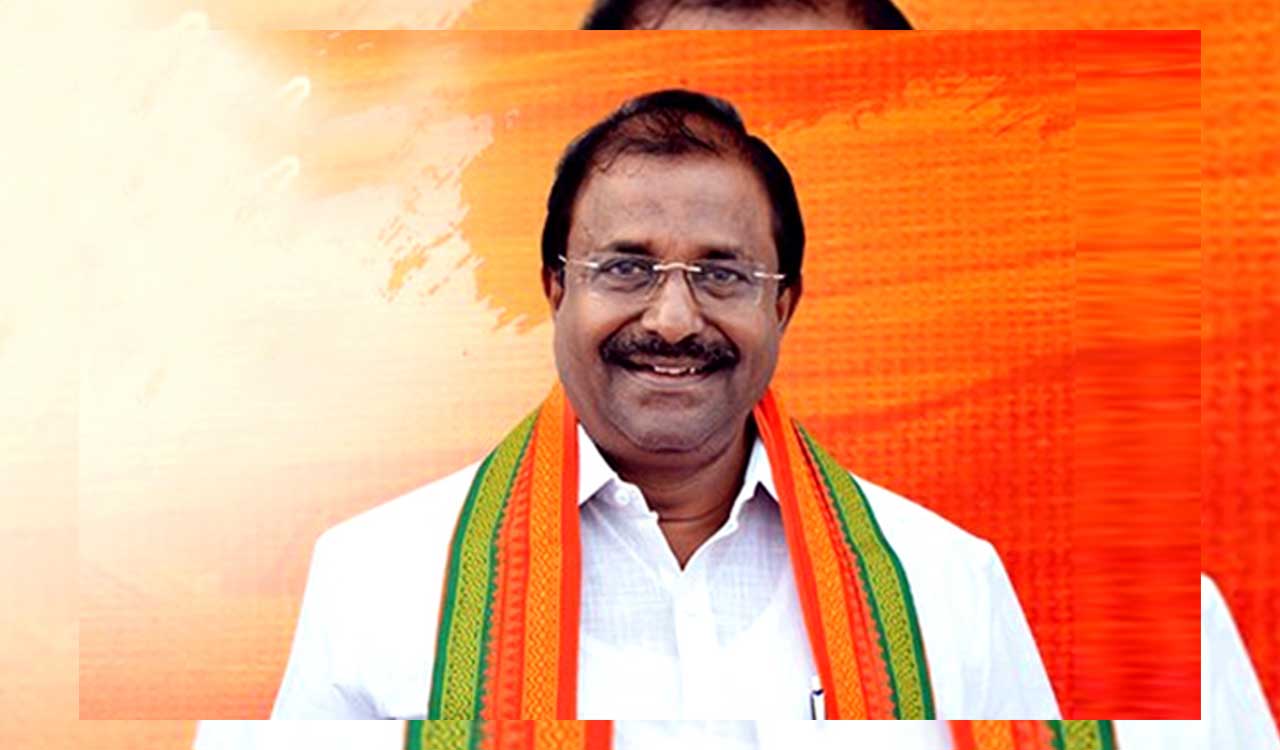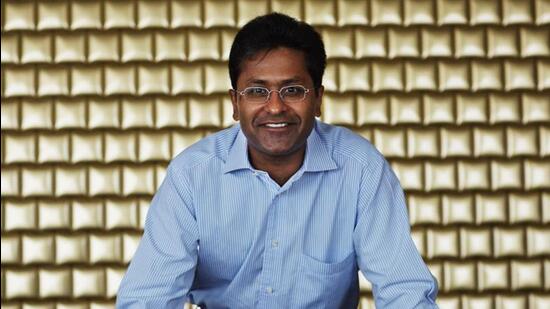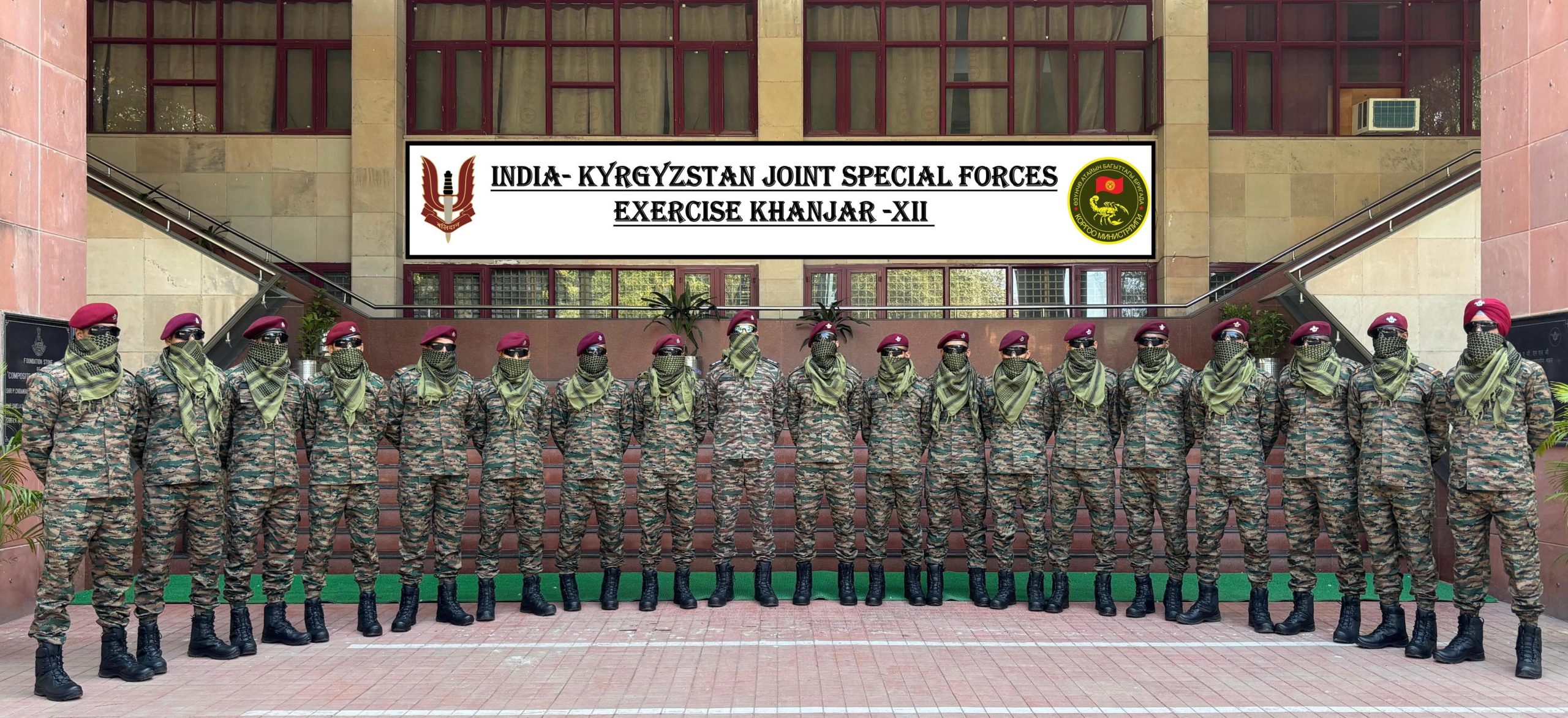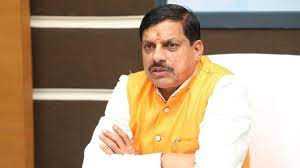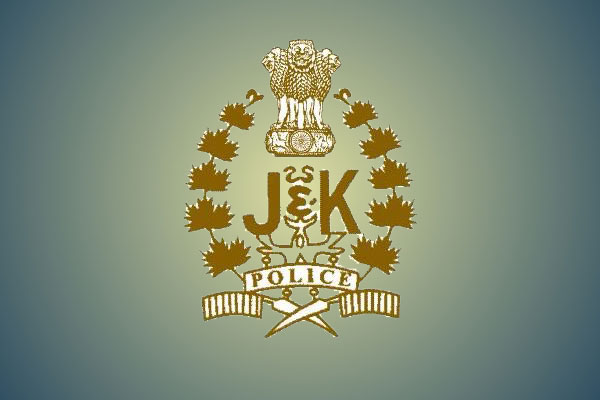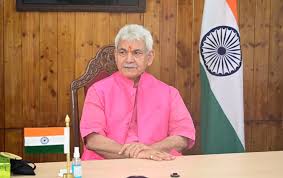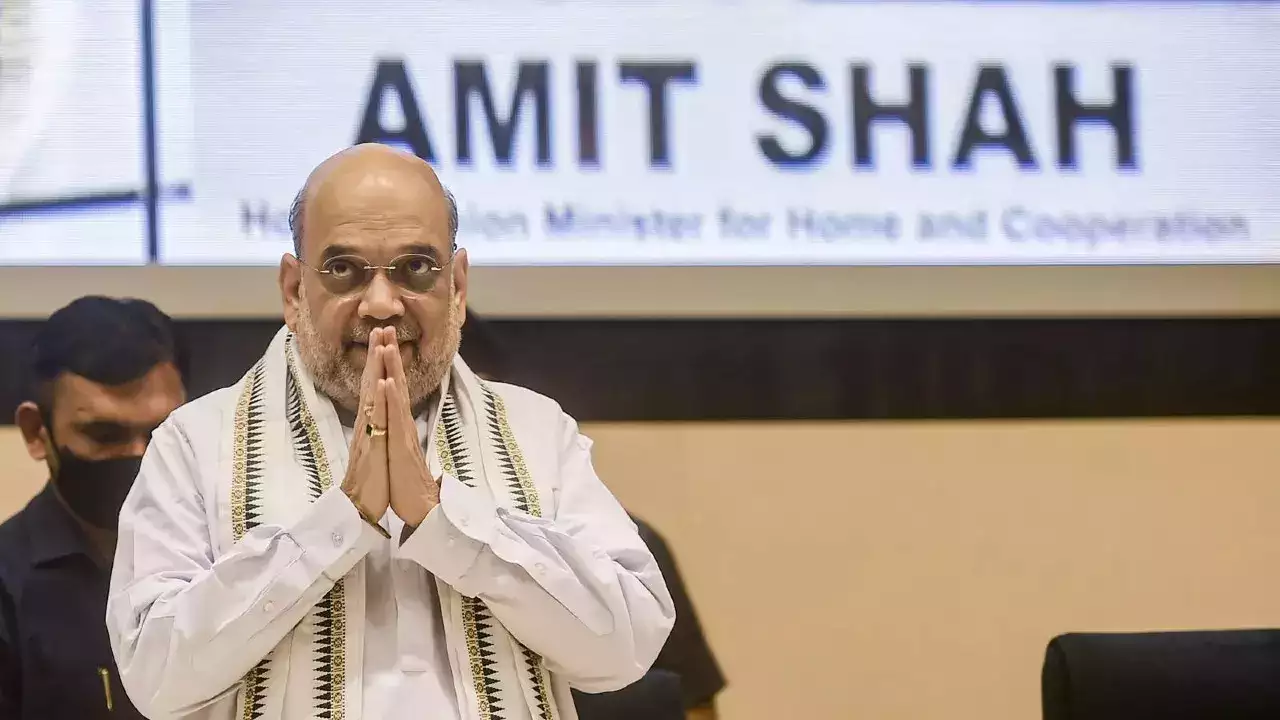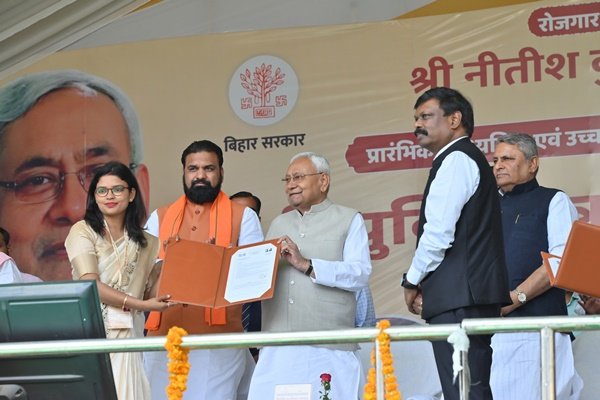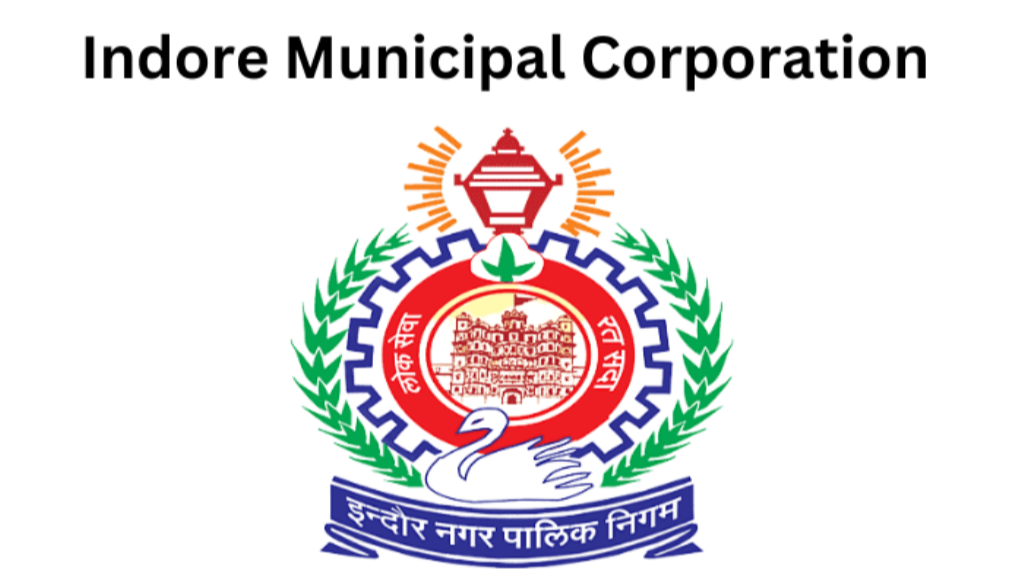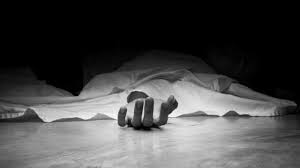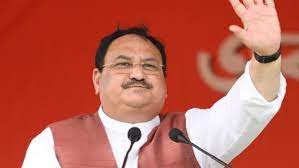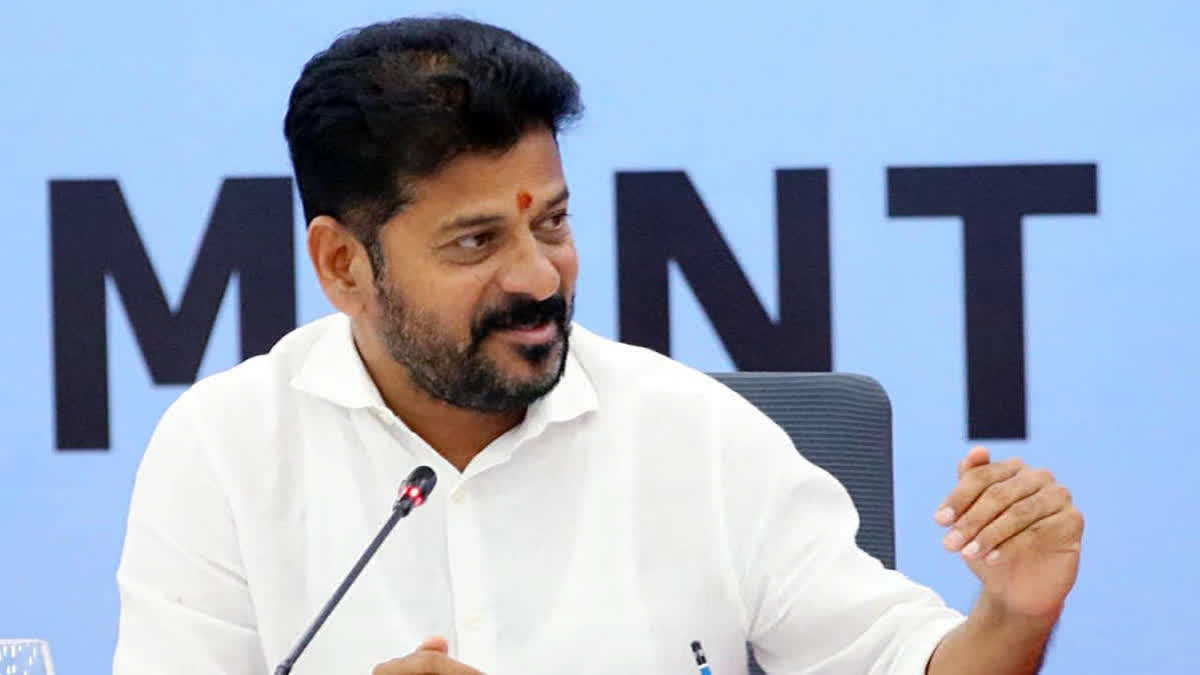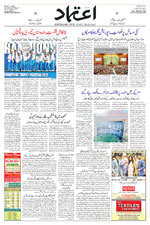Trump Calls for Schools to Fully Reopen, But His Son’s School Says It Will Not
Sat 25 Jul 2020, 16:07:14
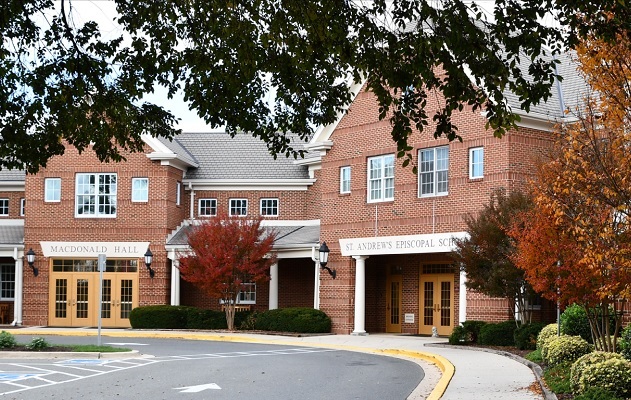
The school attended by President Donald Trump’s son will not fully reopen in September out of concern over the coronavirus pandemic despite the president’s insistence that students across the country be brought back to classrooms in the fall.
St. Andrew’s Episcopal School, a private school in Washington’s Maryland suburbs, said in a letter to parents that it was still deciding whether to adopt a hybrid model for the fall that would allow limited in-person education or to resume holding all classes completely online as was done in the spring. The school will decide early next month which option to follow.
“We are hopeful that public health conditions will support our implementation of the hybrid model in the fall,” said the letter signed by Robert Kosasky, the head of school, and David Brown, the assistant head. “As we prepare to make a decision the week of Aug. 10 about how to best begin the school year,” they added, “we will continue to follow guidance of appropriate health officials and refine both our hybrid and distance learning plans.”
If the school does opt for the hybrid model, students in seventh through 12th grades would rotate between on-campus and distance learning, with half of the students learning remotely each week. Barron Trump, 14, the youngest of the president’s five children, has spent the last three years at St. Andrew’s.
Trump has over and again demanded that schools completely open and has taken steps to retain government cash from areas that don't, however states, territories and tuition based schools progressively are opposing him.
Educators association pioneers said the St. Andrew's circumstance ought to carry home to Trump how confused reviving is for schools attempting to adjust the instructive needs of their youngsters and the wellbeing worries of the staff, understudies and network.
"The president currently needs to confront
what each other parent in America and each other instructor in America is wrestling with this moment, which is: amidst a pandemic, how do schools protect their children and their personnel?" Randi Weingarten, leader of the American Federation of Teachers, said in a meeting. "It's about security, not boast. It's about an arrangement and assets, not dangers."
what each other parent in America and each other instructor in America is wrestling with this moment, which is: amidst a pandemic, how do schools protect their children and their personnel?" Randi Weingarten, leader of the American Federation of Teachers, said in a meeting. "It's about security, not boast. It's about an arrangement and assets, not dangers."
Weingarten said Trump’s confrontational approach had made it harder to find practical solutions to a problem everyone wants fixed. “Hopefully, Donald Trump will have a scintilla of empathy and consideration for what Americans are going through now that he is experiencing it himself,” she said.
The Milton Gottesman Jewish Day School of the Nation’s Capital, where Ivanka Trump, the president’s oldest daughter, and her husband, Jared Kushner, send their children, has not decided whether or how to reopen in the fall.
At a coronavirus briefing Wednesday, President Trump expressed no qualms about Barron or his school-age grandchildren returning to class. “I am comfortable with that,” he said.
The White House had no comment Thursday on the decision by St. Andrew’s, but at a briefing later in the day, Trump seemed more flexible in demanding reopenings, acknowledging the need to take safety measures more than he has in the past.
In areas with surging infections, he said, reading from a script, “districts may need to delay reopening for a few weeks.”
“That’s possible,” he said. “That’ll be up to governors. The decisions should be made based on the data and the facts on the ground.”
But he emphasized the need to reopen quickly. “We cannot indefinitely stop 50 million American children from going to school, harming their mental, physical and emotional development,” he said. “Reopening our schools is also critical to ensuring that parents can go to work and provide for their families.”
No Comments For This Post, Be first to write a Comment.
Most viewed from International
Most viewed from World
AIMIM News
Delhi Assembly polls: Owaisi leads Padyatra in Okhla
Feb 01, 2025
We reject this Waqf Amendment Bill: Asaduddin Owaisi
Jan 30, 2025
Latest Urdu News
Most Viewed
May 26, 2020
Which team will win the ICC Men's Champions Trophy 2025 held in Pakistan/Dubai?
Latest Videos View All
Like Us
Home
About Us
Advertise With Us
All Polls
Epaper Archives
Privacy Policy
Contact Us
Download Etemaad App
© 2025 Etemaad Daily News, All Rights Reserved.

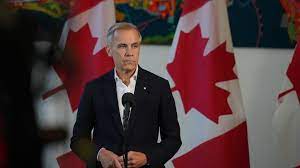
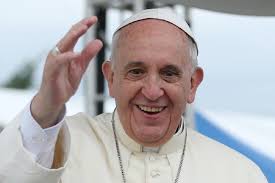
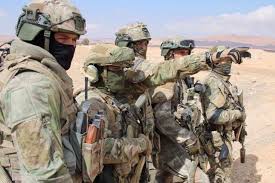
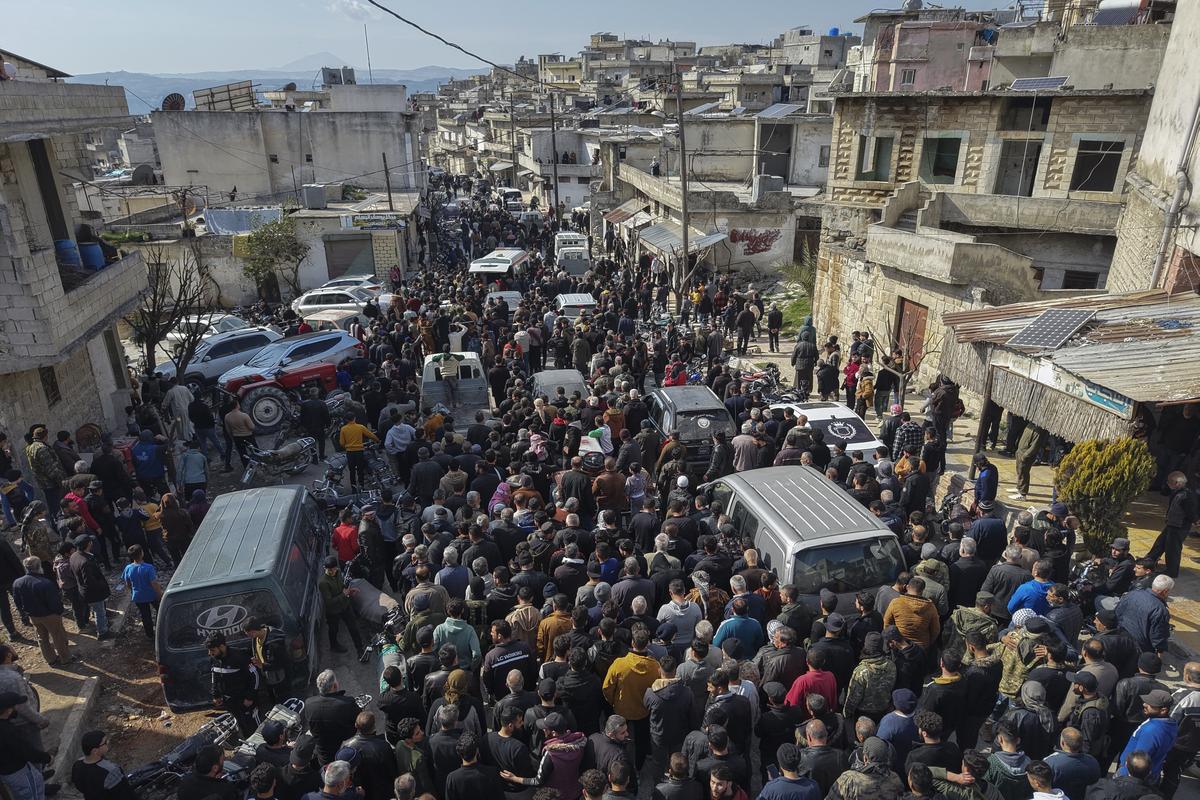
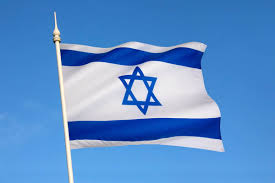
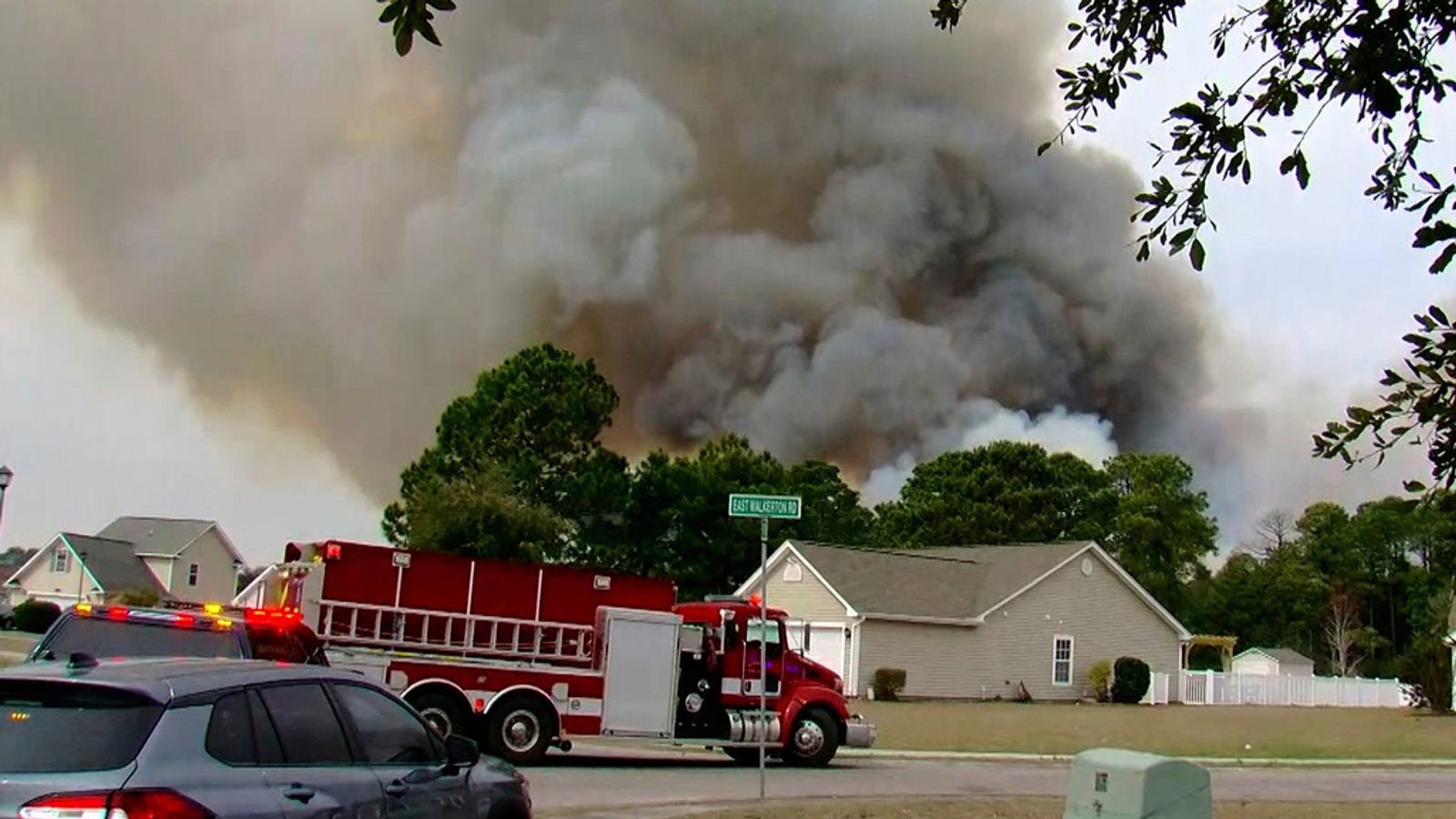
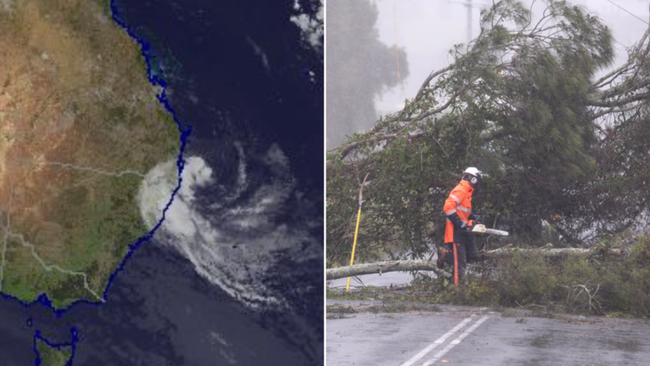
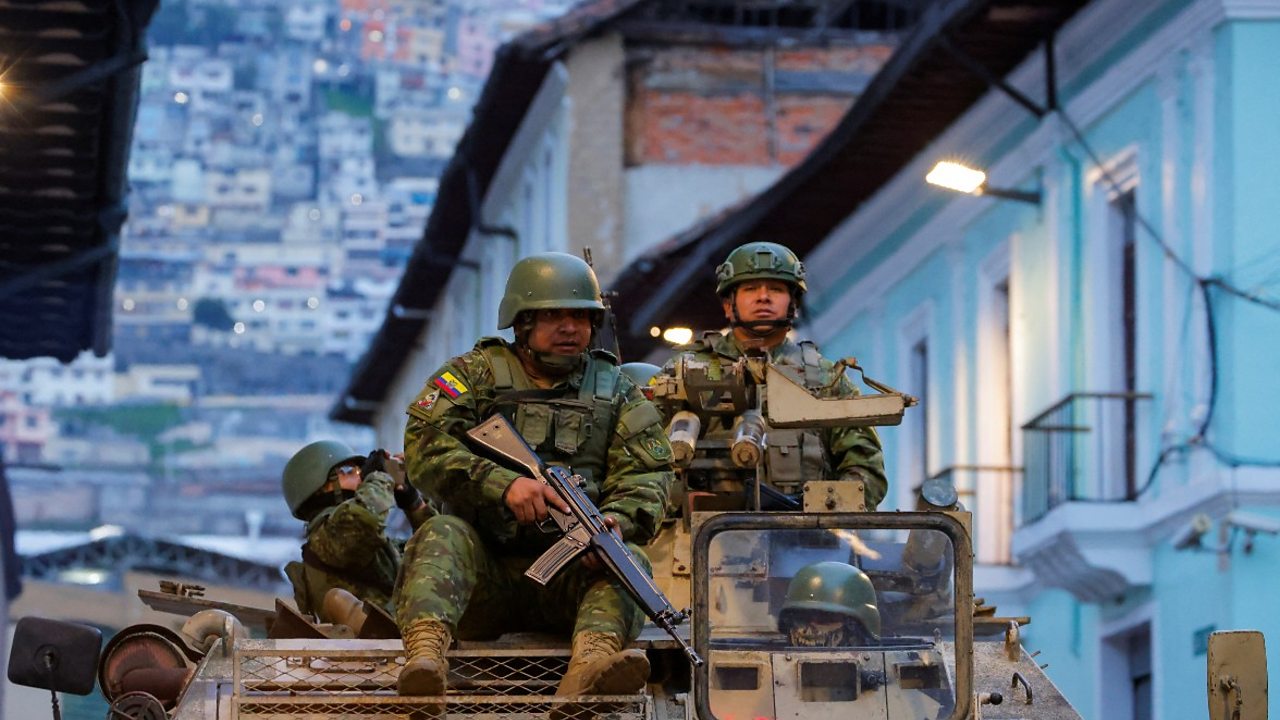
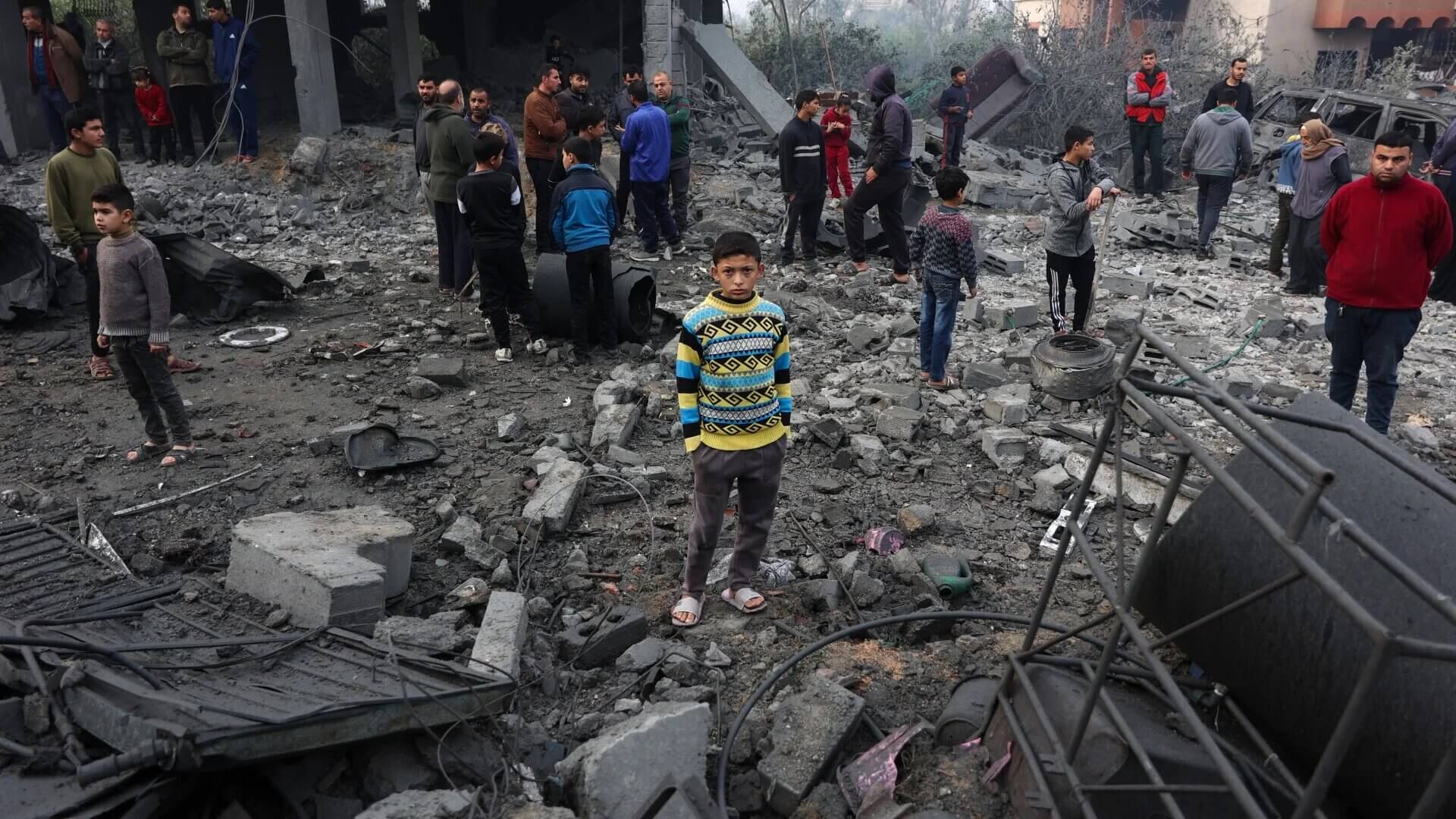
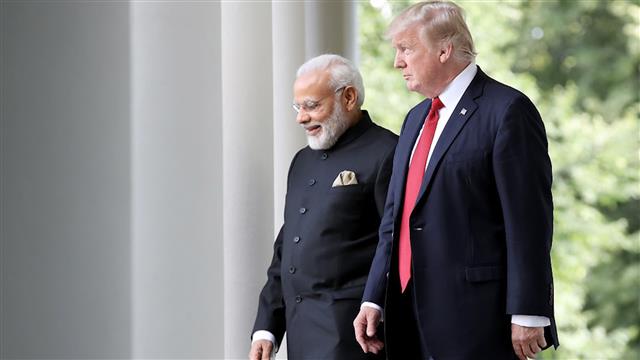
.jpg)
.jpg)
